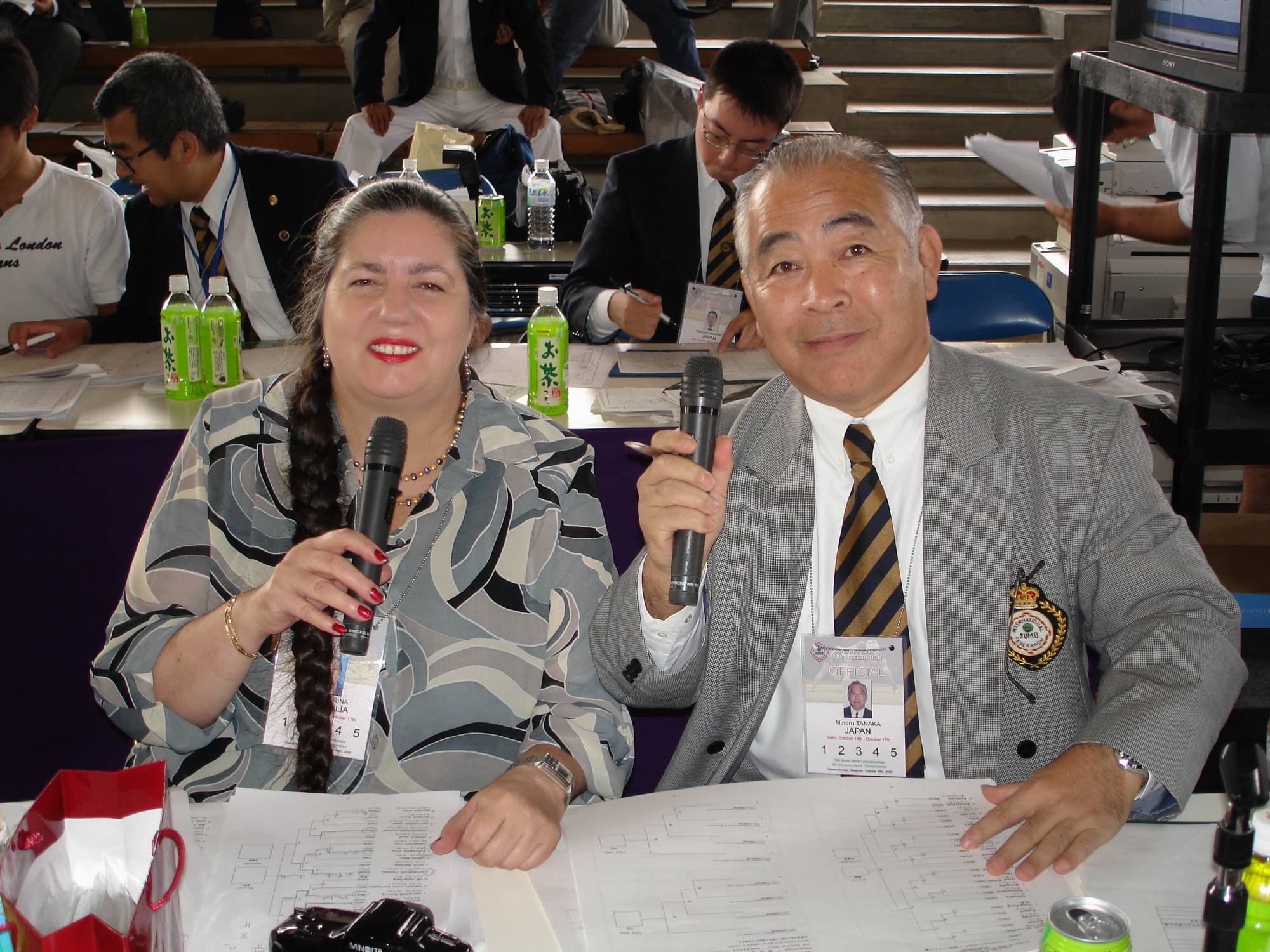Fallout from the invasion of Ukraine reached the sporting world this week, with numerous international governing bodies, including FIFA and World Rugby, imposing suspensions on Russian athletes and teams.
In amateur sumo, repercussions from the conflict between the two countries have long been felt, with 2008 Ukrainian world heavyweight champion Olga Davydko switching allegiance to Russia following the annexation of Crimea in 2014.
Davydko won a second world title in 2018, and such has been her new team’s dominance over the past 15 years that the World Games' decision to bar Russian athletes from this summer’s competition in Alabama has, out of all the sports at the 2022 games, had the greatest impact on sumo.

















With your current subscription plan you can comment on stories. However, before writing your first comment, please create a display name in the Profile section of your subscriber account page.